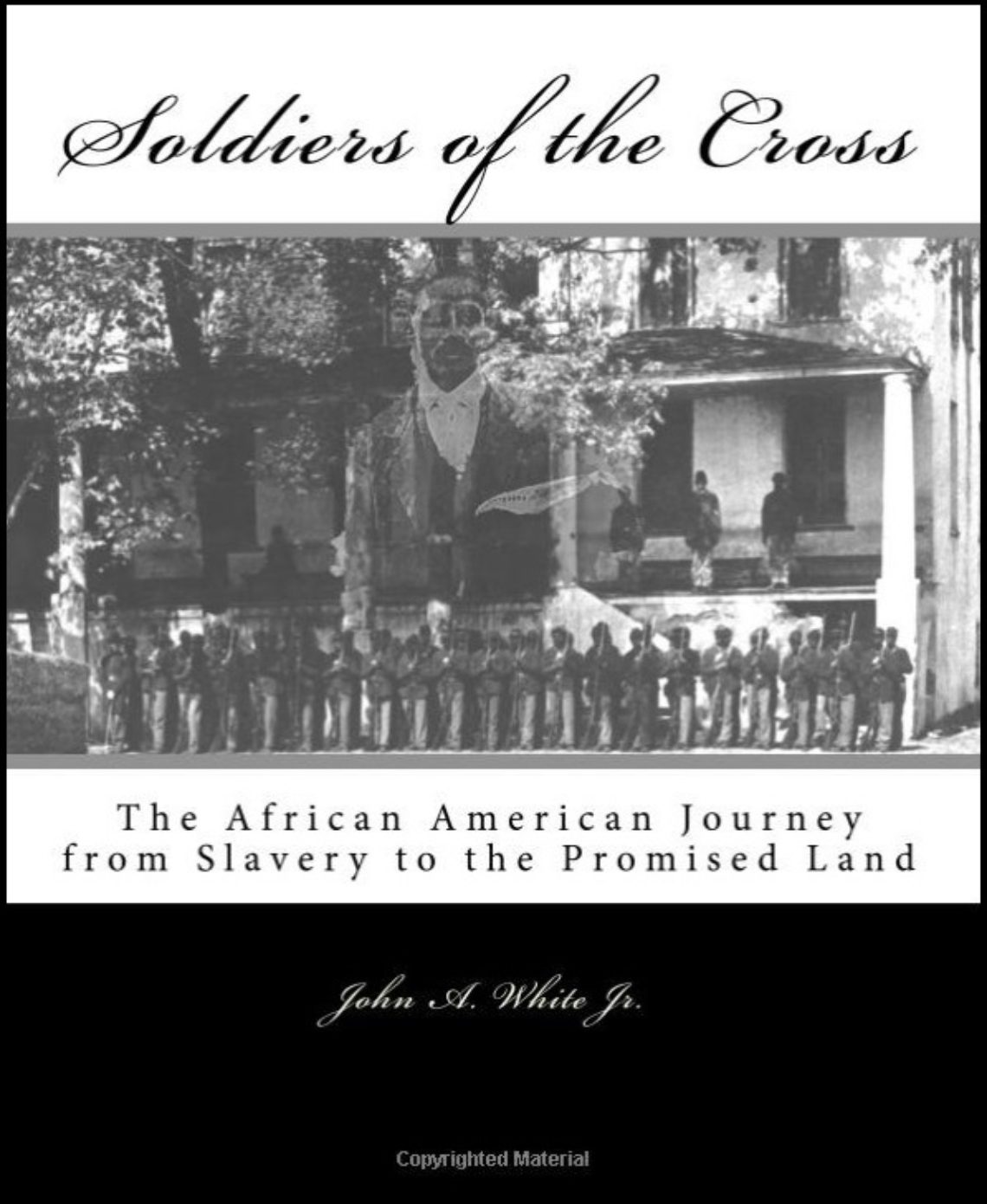
Fig. 15. John Brown’s Original Marching Song, Duke University, Digital Collection’s
Slaves were banned from reading, but the cat was out the bag. Praying for freedom at night became an unlawful practice, the “invisible institution.” One spiritual that was sung was called “Say, brothers, will you meet me at Canaan’s happy shore?” The land of Canaan was the Promised Land. This song made it north to Boston, where it was published. The tune had been one of John Brown’s favorite. Union soldiers converted the melody and rhythm to a marching song called “John Brown’s Body.”
“John Brown’s Body”
There was a “secret six” of abolitionists who supported John Brown’s raid; they were Thomas Wentworth Higginson, Samuel Gridley Howe, Theodore Parker, Franklin Benjamin Sanborn, Gerrit Smith, and George Luther Stearns. Both Smith and Sterns were wealthy, while Higginson and Parker were Unitarian ministers. Colonel T. W. Higginson, later led the First South Carolina Volunteers, the first ex-slave regiment organized during the Civil War.
Samuel Howe was a secret supporter of John Brown and a doctor. Howe was married to Julia Ward Howe. The couple visited Abraham Lincoln at the White House in November of 1861. Julia and friends watched Union troops marching to the tune of a popular Union marching song, “John Brown’s Body.” Julia had wanted to rewrite the song to captured John Brown’s new movement, but the words had not come to her. That night the words came to her while sleeping; she awoke and wrote the words down. Julia Howe rewrote “John Brown’s Body” to become “The Battle Hymn of the Republic,” which served as the American national anthem until 1931. She said that the words came to her in a dream.[1] If Julia Howe saw “the glory of the coming of the Lord,” it would have been God’s answer to the countless prayers of slaves.
Mine eyes have seen the glory of the coming of the Lord.
He is trampling out the vintage where the grapes of wrath are stored;
He hath loosed the fateful lightning of his terrible swift sword:
His truth is marching on
Chorus:
Glory Hally, Hallelujah!
Glory Hally, Hallelujah!
Glory Hally, Hallelujah!
His truth is marching on
In his final speech in Memphis, Tennessee, Dr. Martin Luther King Jr. repeated a line from this song when he said, “Mine eyes have seen the glory of the coming of the Lord.”
[1] Ward, The Civil War, 104.
